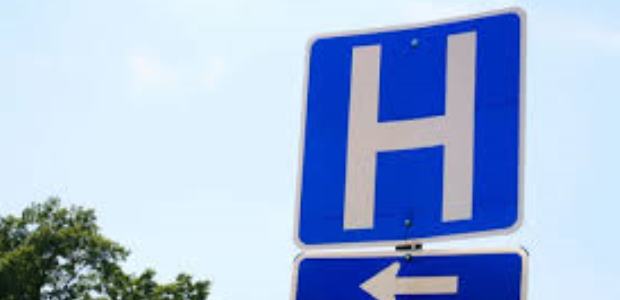
ACA Cutting Hospital Deaths, Report Shows
The reduction came about partly because of the ACA, which prioritizes efforts to prevent these infections, including through Medicare payment incentives to improve the quality of care and the HHS Partnership for Patients initiative.
Saying the credit goes in part to the Affordable Care Act, a new report from the U.S. Department of Health and Human Services estimates that 87,000 fewer patients died in hospitals and nearly $20 billion in health care costs were saved because hospital-acquired conditions declined by 17 percent from 2010 to 2014. The report says hospital patients experienced 2.1 million fewer hospital-acquired conditions from 2010 to 2014.
The reduction came about partly because of the ACA, which prioritizes efforts to prevent these infections, including through Medicare payment incentives to improve the quality of care and the HHS Partnership for Patients initiative. "Patients in America's hospitals are safer today as a result of this partnership with hospitals and health care providers," HHS Secretary Sylvia M. Burwell said. "The Affordable Care Act has given us tools to build a better health care system that protects patients, improves quality, and makes the most of our health care dollars."
Hospital-acquired conditions include adverse drug events, catheter-associated urinary tract infections, central line-associated bloodstream infections, pressure ulcers, and surgical site infections. HHS' Agency for Healthcare Research and Quality conducted the research by analyzing the incidence of a number of avoidable hospital-acquired conditions compared to 2010 rates, using as a baseline estimates of deaths and excess health costs that were developed when the Partnership for Patients was launched.
"Hospitals work diligently every day to provide the best possible care for the patients they serve. These new numbers are impressive and show the great progress hospitals continue to make," said Rick Pollack, president and CEO of the American Hospital Association. "While there is always more work to be done to improve patient safety, the collaborative efforts of hospitals and HHS have delivered great results that will continue to help the field on the quality improvement journey."